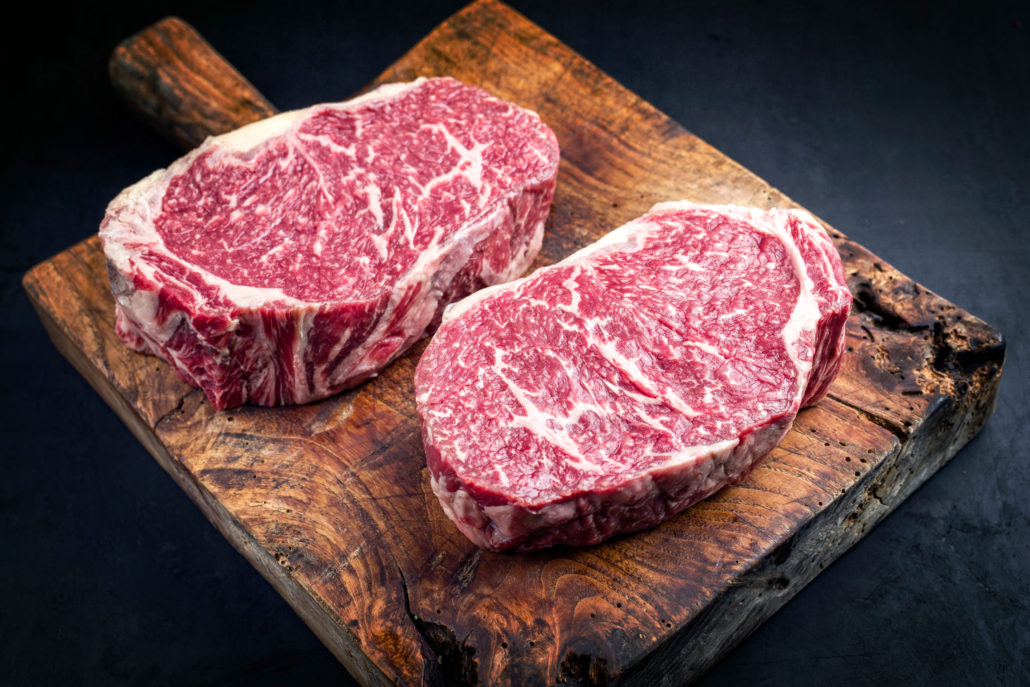We include products in articles we think are useful for our readers. If you buy products or services through links on our website, we may earn a small commission.
Is the Carnivore Diet Healthy? Follow the Science

The carnivore diet is beloved by tens of thousands of enthusiastic adopters, including popular media figures like Jordan and Mikhaila Peterson, Joe Rogan, and influential health professionals like Dr. Kiltz, Dr. Ken Berry, Dr. Paul Saladino, and Dr. Shawn Baker. This all-meat approach to eating is also feared by mainstream nutritionists biased by a grain-based industrial agricultural paradigm. So the question for many people remains: is the carnivore diet healthy?
In this article, we’ll answer the question, “is the carnivore diet healthy?” by looking at the most recent scientific studies on the carnivore diet and on meat eating in general. And we’ll investigate the factors that carnivore dieters identify as the key to its health benefits.
Table of Contents
Health Benefits of the Carnivore Diet
Despite what the mainstream nutrition establishment says, there are numerous researched benefits of eating meat, and they’re amplified on an all-meat diet.
Tens of thousands of carnivore dieters report a variety of powerful, healthy benefits, including
- Repairs intestinal lining and improves digestion
- Reduces inflammation and resolves autoimmune diseases
- Overcoming addiction to processed, high-carb foods
- Mental clarity and cognitive energy
- Improved mood and resolution of mental health issues
- Improves heart health
- Improved fertility
- Increased libido
- Clearer skin
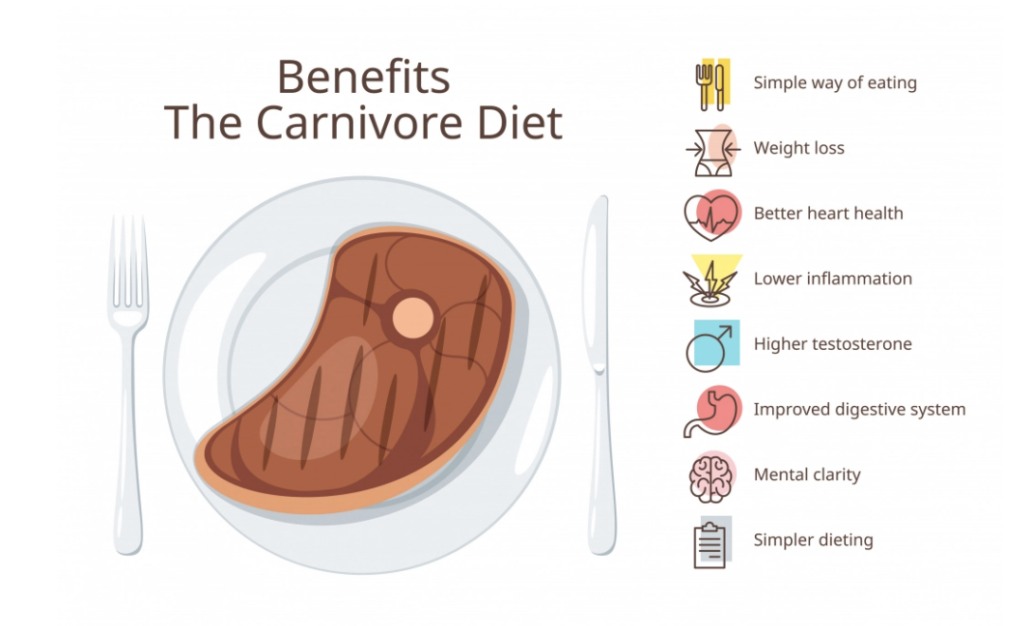
Evolutionary Foundations for the Health Benefits of the Carnivore Diet
Is the carnivore diet healthy? Well, according to researchers like Miki Ben-Dor and Amber O’Hearn, humans evolved on a primarily carnivorous diet of large fatty prey for nearly two million years. It was only around 10,000 years ago that we turned to agriculture.
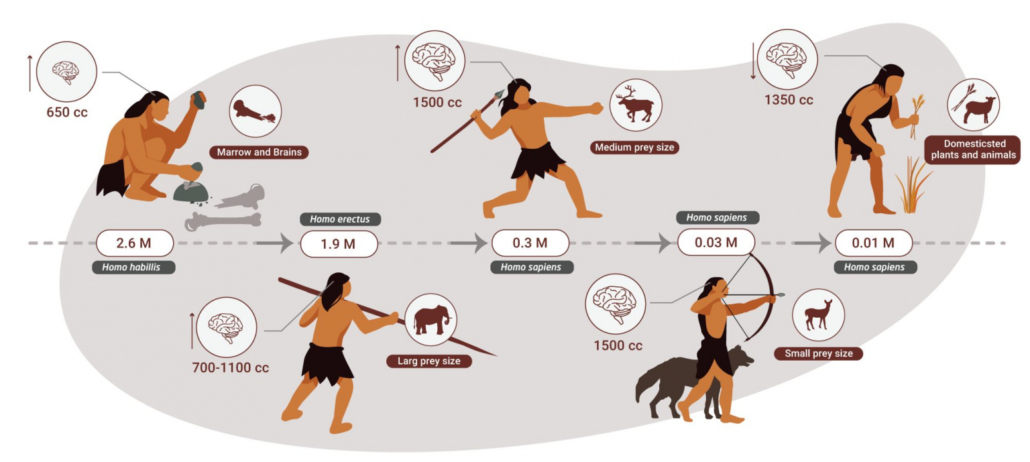
Source: Dr Miki Ben Dor
Over eons of relying on large prey resulted in the development of a digestive tract and metabolic system that is primed to thrive on fatty meat.
Examples of Healthy Traditional Carnivore Diets
Though most humans alive today consume a grain-based Western diet, a few traditional cultures that consumed a carnivore diet have persisted long enough to be studied by modern science.
The arctic Inuit people thrived on seal, walrus, whales, and fish.

In the 1960s, doctor and professor George V. Mann studied the Maasai of Eastern Africa, who consume a diet of meat, milk, and cows’ blood.
He was looking for populations that thrived on high-fat, low-carb, and no-vegetable diets. His work was aimed at confronting what he called the “heart mafia.”
This consisted of people in the American medical establishment who built their careers creating and defending erroneous links between the consumption of dietary fat, high cholesterol, and an increase in heart disease.
Not surprisingly to Mann, despite the Masai’s high-fat, carnivore diet, their blood pressure and weight were about 50% less than an average American. And they were essentially free from heart disease, cancer, or diabetes—the so-called diseases of civilization.

Doctor and anthropologist Ales Hrdlicka surveyed the health of Native American populations in the American Southwest between 1898 and 1905.
Studying Native American elders who had lived most of their lives on a diet based on meat from wild game, especially buffalo, before their traditional ways of life were destroyed, Hrdlicka found them in incredibly good health.
Malignant diseases were extremely rare, as were dementia and heart disease, of which he found only 3 cases out of the 2,000 people he surveyed.
Hrdlicka also discovered many more centenarians among the Native Americans (224 per million men and 254 per million women) compared to white settlers (3 per million men, and 6 per million women). His research was compiled into a nearly 500-page report for the Smithsonian Institute.
Is the Carnivore Diet Healthy? Follow the Science
After the findings of these early researchers, the carnivore diet disappeared from popular view until it was resurrected by a few influential doctors like Dr. Kiltz, Dr. Berry, and Dr. Baker as a natural extension of the high-fat, low-carb, ketogenic diet.
Since the early 2000s, the diet has been gaining in popularity. So much so that in 2021, it caught the eye of researchers from Harvard University and prompted a major survey study.
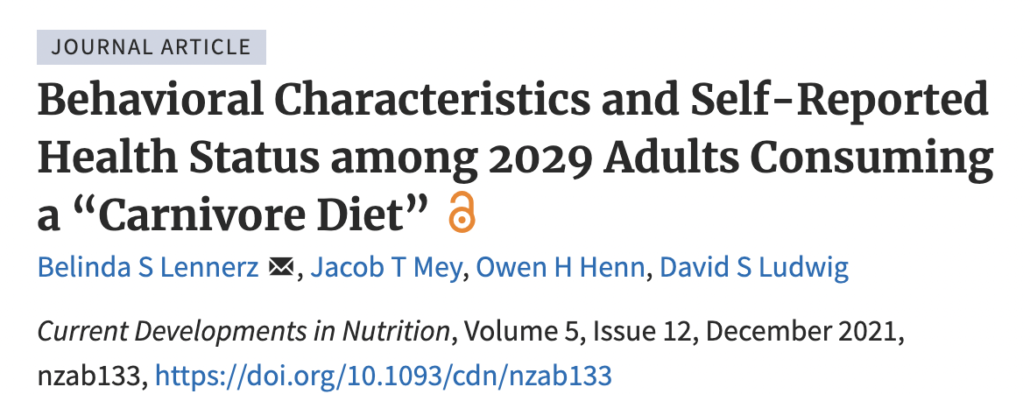
The bellweather Harvard carnivore study explored the health effects of the carnivore diet for 2,029 people who had been eating carnivore for at least six months.
Speaking directly to the question, is the carnivore diet healthy? The researchers concluded, “Contrary to common expectations, adults consuming a carnivore diet experienced few adverse effects and instead reported health benefits and high satisfaction.”
The powerful health benefits of carnivore include:
- 93% improved or resolved obesity and excess weight
- 93% improved hypertension
- 98% improved conditions related to diabetes
- 97% improved gastrointestinal symptoms
- 96% improved psychiatric symptoms
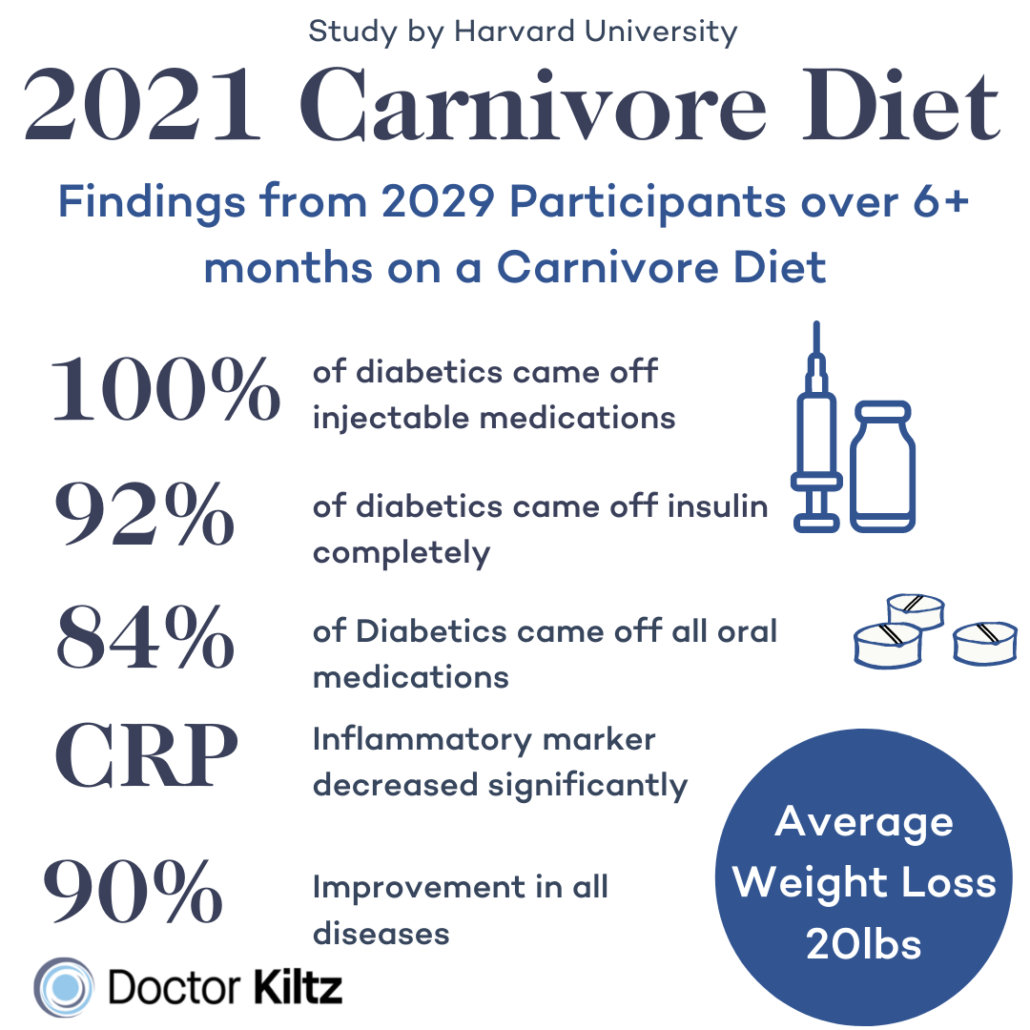
Since this data is self-reported and not harvested from a randomized control trial, it cannot attribute cause, only correlation. Nevertheless, these findings are remarkably positive and warrant more detailed research.
Similar findings to those of the Harvard study were found in an even larger survey by Revero–a carnivore diet coaching service.
Data from 12,000 carnivore dieters found that after at least three months on an all-meat diet.
- 96% of participants fully resolved or experienced significant improvements in all diseases
- 96% improved skin disorders
- 95% improved gastrointestinal issues
- 93% improved mental health
- 91% lost weight
- 79% eliminated or reduced all medications
Research on Eating Meat and Health
If you’re coming from a mainstream nutritional perspective that has long promoted a so-called balanced diet based on industrial grains and toxic vegetable oils, the idea that meat could be good for you might be hard to swallow.
But in fact, numerous “gold-standard” randomized control trials and systemic reviews published in the world’s most respected journals have been setting meat free from the anti-meat misinformation that has dogged us since the 1960s.
Here’s a rundown of what the actual science says about the health benefits and risks of eating meat
- Saturated fat (the kind you get a lot of on a carnivore diet) is not significantly associated with heart disease, stroke, diabetes, death from heart attacks, and cancer. This means that not only is it not causally linked by randomized control trials, but that even large-scale population studies cannot even find mere associations.
- Saturated fat is healthy when consumed as part of fresh meat.
- Fresh meat is a fantastic source of numerous highly bioavailable nutrients and is associated with various markers of health, fertility, and longevity
- Total meat consumption is correlated with greater life expectancy. Living longer from eating meat is found to be an independent variable that is not influenced by total caloric intake, economic status, urban advantages, and obesity
- Cardiovascular health, weight loss, and blood sugar regulation are all substantially better on low-carb, high-fat diets compared to vegetarian diets.
Factors Behind the Health Benefits of the Carnivore Diet
Based on the prevailing evidence, the carnivore diet does appear to be healthy for many people.
The carnivore diet means eating only meat. This makes it a type of elimination diet.
The inflammatory and irritating foods that you’re eliminating are likely as important to your health as the nutritious animal products you’re adding in.
Plant and processed foods subject the body to excess carbs, plant toxins, and antinutrients.
Gone are the nightshades, grains, toxic vegetable oils, and all FODMAPS offenders.
Welcomed are nutrient-dense superfoods like ribeye steak, eggs, butter, fatty fish, and organ meats.
Eliminates Plant Toxins and Antinutrients
If you’re new to carnivore, remember that all living things strive to survive, including plants.
Since plants can’t strike, bite, claw, or run from threats, they’ve developed a sophisticated arsenal of chemical defenses known as plant toxins.
Many of these plant toxins are lethal to smaller predators and can damage human tissues. Especially the delicate gut membrane.
Plant toxins are strikingly abundant, and humans consume around 1.6 grams per day. These natural pesticides account for more than 10,000 times the load of synthetic pesticides that people fruitlessly try to scrub off their produce.
Plant toxins like lectins and phytates are common and can cause intestinal permeability, AKA leaky gut, leading to chronic inflammation and autoimmune disorders.
Unlike humans, ruminant animals like cows, bison, and sheep are equipped to ferment plant foods into fatty acids. This process eliminates most plant toxins and incorporates these fatty acids into their body tissue.
Doctor Kiltz has a saying, “we came out of the trees not to eat the grass but to eat the grass eaters.”
Learn more about the effects of common plant toxins below:
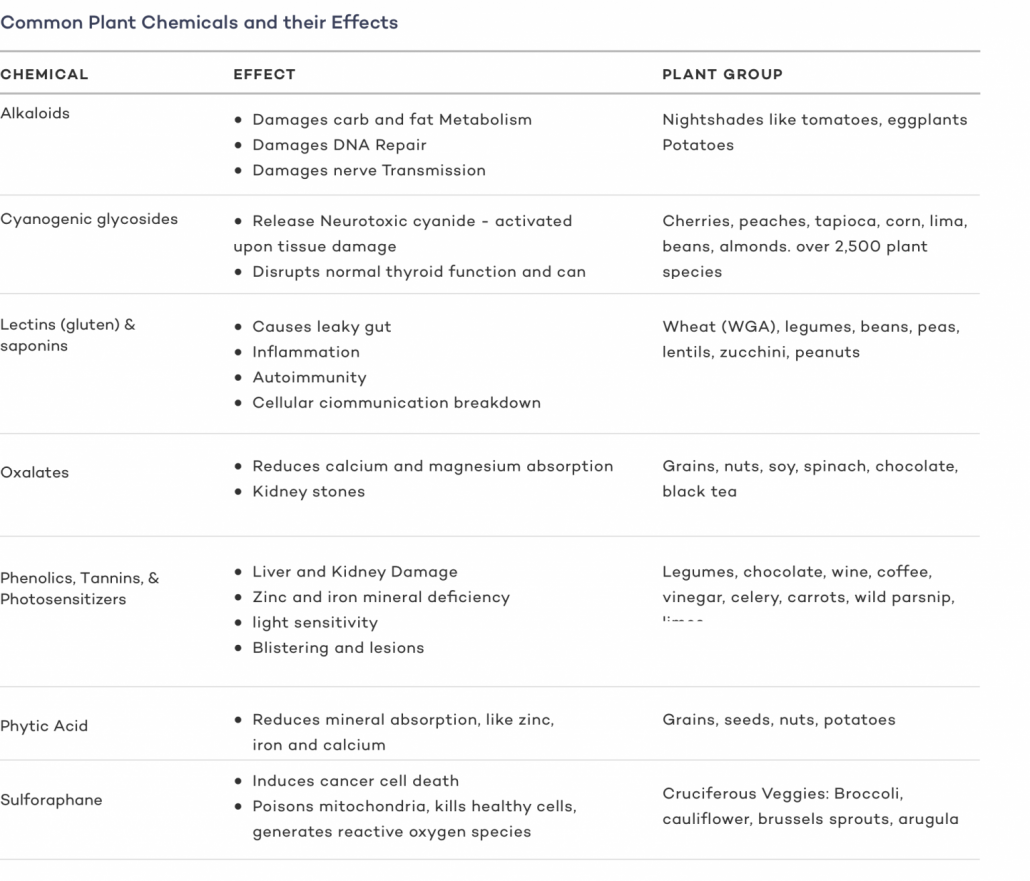
Eliminates Excess Fiber
The myth that you need fiber in order to poop is persistent but scientifically not accurate.
Contrary to popular dogma, research shows that not only is fiber unnecessary, but we’re likely better off without it.
A 2012 study published in the World Journal of Gastroenterology examined the effects of fiber on constipation. The researchers concluded,
“The previous strongly-held belief that the application of dietary fiber to help constipation is but a myth. Our study shows a very strong correlation between improving constipation and its associated symptoms after stopping dietary fiber intake.”
Another 2012 control trial looking at the effects of fiber on constipation and IBS found significant reductions in symptoms after only two weeks of eliminating fiber. And as soon as participants began eating fiber again, their IBS symptoms came back.
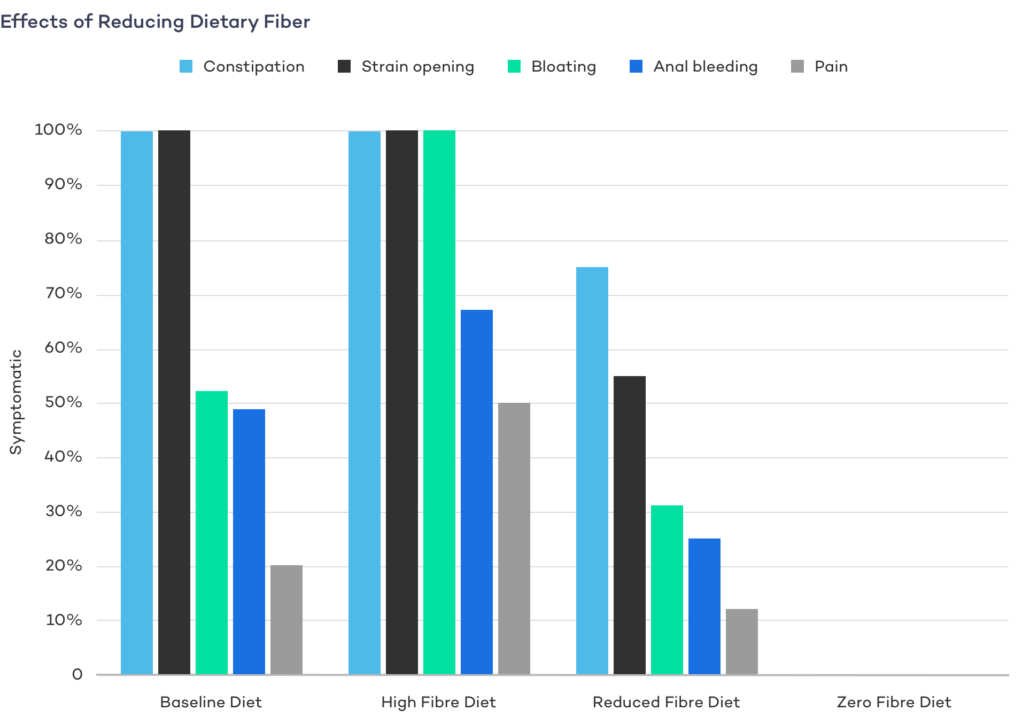
Fiber can also act like an antinutrient by binding to minerals, including iron, zinc, magnesium, and calcium, preventing the absorption of these nutrients. And by inhibiting digestive enzymes, thereby impairing protein absorption.
Resets Gut Bacteria
Removing fermentable fibers and carbohydrates reduces harmful bacteria.
Fermentable, fibrous plant foods promote the overgrowth of bacteria in the intestine that are associated with chronic inflammation of the gut mucosal lining.
While high carb diets have been found to promote the growth of harmful proteobacteria and to reduce beneficial bacteriodetes in the gut.
Bacteriodetes protect against endotoxins–toxic substances that are released when bacteria disintegrate–while reinforcing the gut membrane.
By removing fiber and carbs, the carnivore diet promotes a healthy gut by allowing the gut lining to heal and by restoring a healthy microbiome.
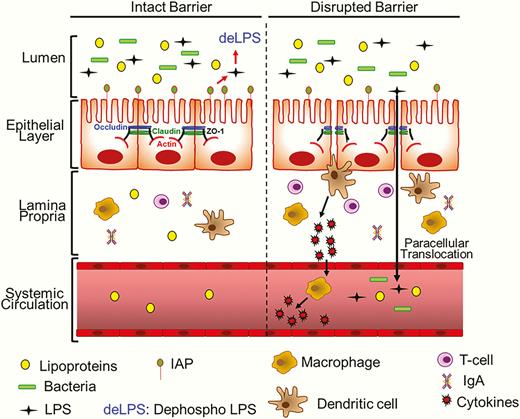
Eliminates Carbs and Processed Junk
The carnivore diet eliminates ultra-processed, hyper-palatable foods.
These modern industrial products are engineered to override satiation signals and keep you eating even when you’re full.
Research shows that overconsumption of all this high-carb crap results in hormonal imbalances that drive obesity and inflammatory disease, especially leptin resistance.
When you lose sensitivity to leptin signaling, your hunger switch gets stuck on “on,” and you lose the motivation to move your body. A deadly recipe.
Increases Nutrient Intake on the Carnivore Diet
The carnivore diet means dramatically increasing your intake of the most nutrient-dense foods on earth.
The nutrients found in meat and animal products are essential for bodily functions, including
- healthy immune response
- cognitive ability
- emotional regulation
- Metabolism
- tissue growth.
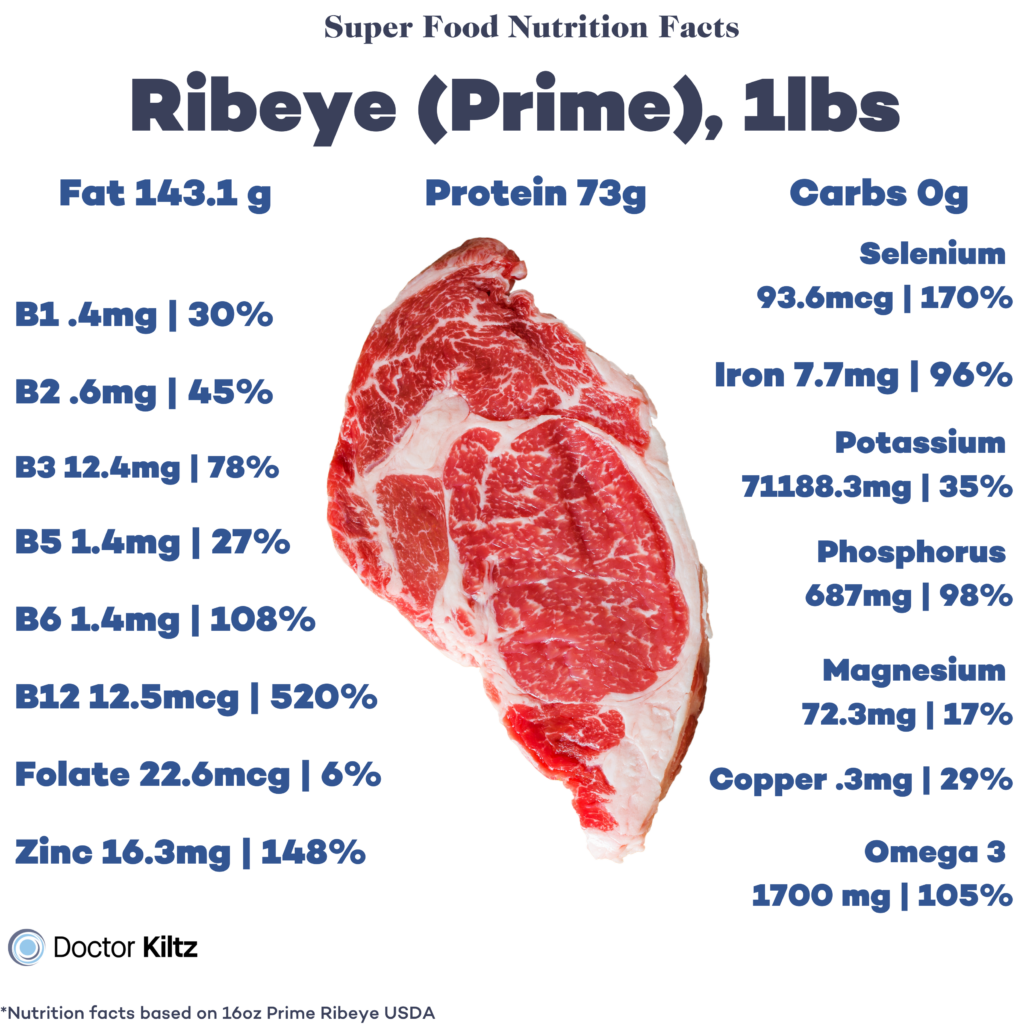
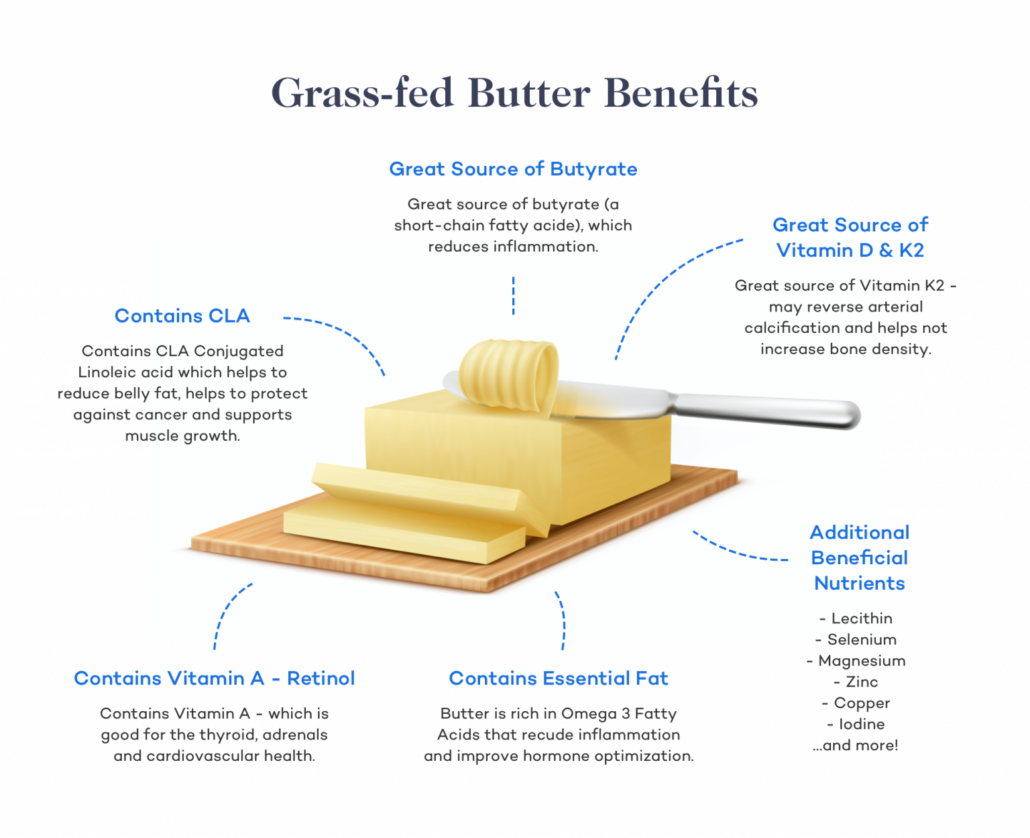
Some of the essential nutrients–many of which are found only in meat–dramatically increased on a carnivore diet include
- D3
- K2 (mk-4)
- B12
- Vitamin A (Retinol)
- Zinc
- CoQ10
- Selenium
- Creatine
- Carnitine
- Carnosine
- Heme iron
- Docosahexaenoic acid (DHA)
- Eicosapentaenoic Acid (EPA)
- Taurine
Is the Carnivore Diet Healthy? The Bottom Line
Large-scale preliminary studies and the personal report of tens of thousands of carnivore dieters suggest that, yes, the carnivore diet can be remarkably healthy.
This may come as a surprise to people raised in a grain-based paradigm inundated with “eat your veggies” dogma. However, the healthiness of meat and eating only meat is evident when you look under the hood of the carnivore diet.
One way to understand the benefits of carnivore is that animal products provide structure, while plant foods create stressors.
The fats, proteins, and micronutrients you get from animal products are the building blocks of healthy cell structures and hormone formation.
Conversely, plant products subject the body to unnecessary and stressful substances, including fiber, carbs, antinutrients, and plant toxins.
Though not acutely harmful in small doses, chronic exposure to these substances damages the intestines and promotes chronic inflammation at the root of most modern diseases. Learn how to start a carnivore diet here.












